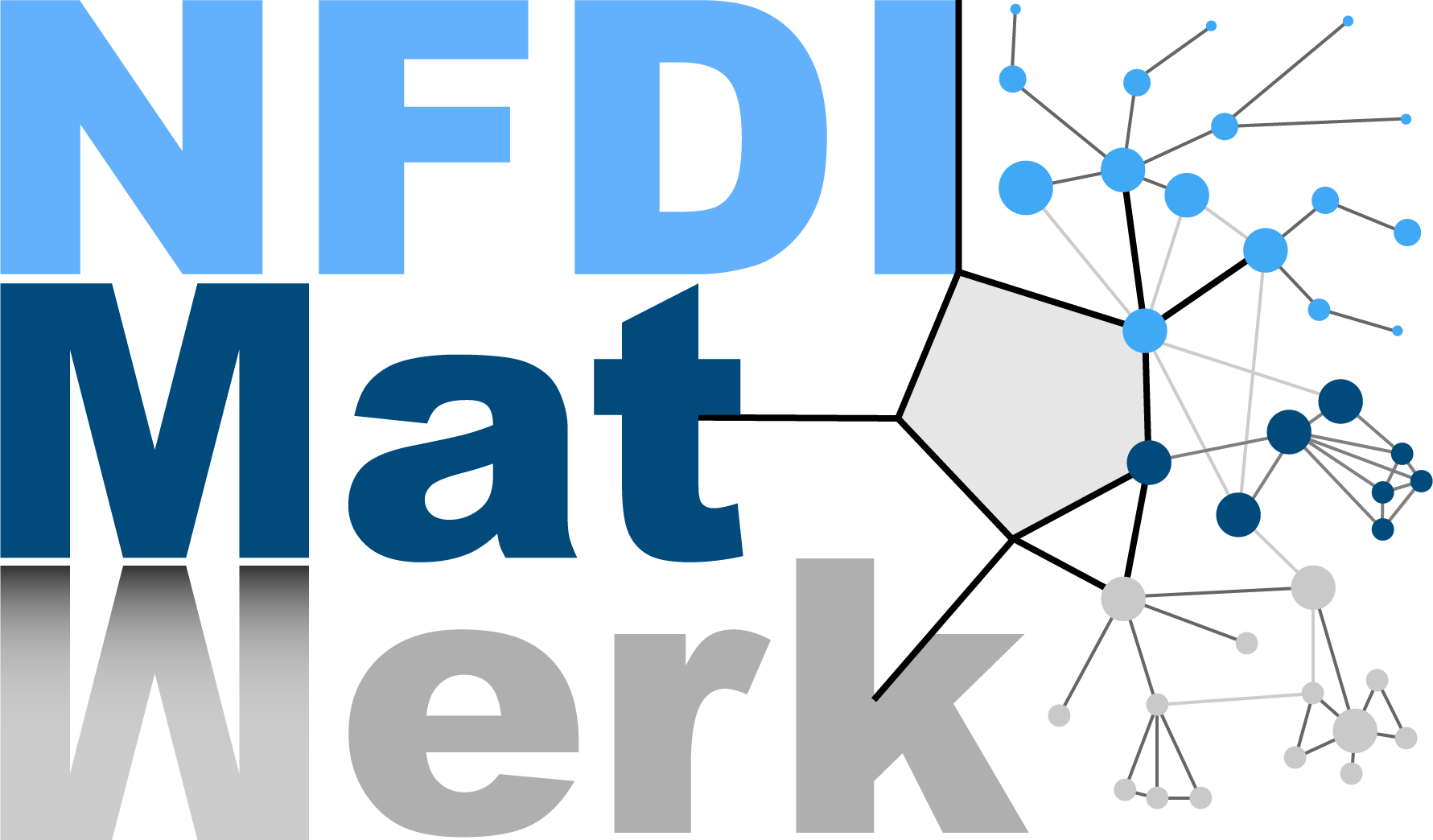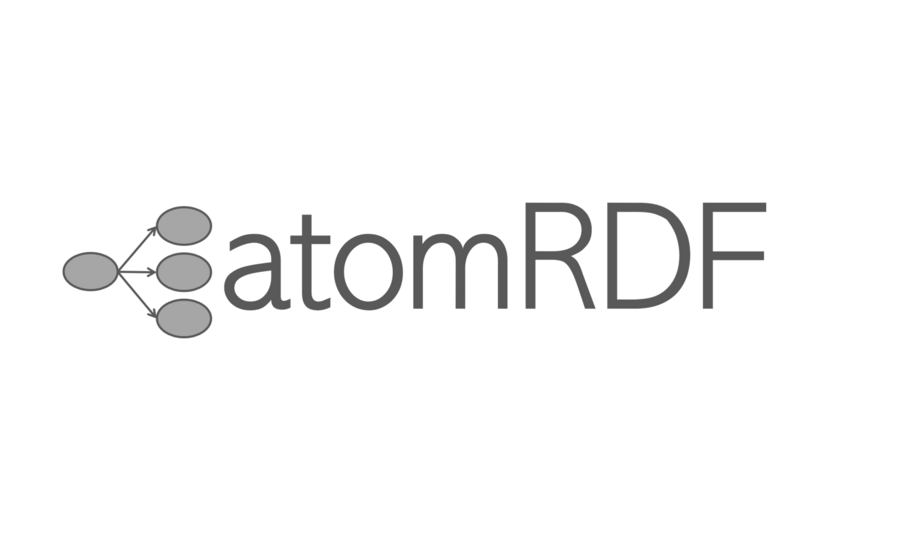
Software / Tools / Services
(Software) solutions/tools, resources, or frameworks play a crucial role for FAIR research data in Materials Science. The following list provides an alphabetical overview developed/co-developed by NFDI-MatWerk for the MatWerk community. Each item is labelled according to the origin of its development.
A | B | C | D | E | F | G | H | I | J | K | L | M | N | O | P | Q | R | S | T | U | V | W | X | Y | Z
- Description: AtomRDF is a Python tool for ontology-based creation, manipulation, and quering of structures. It uses the Computational Material Sample Ontology (CMSO).
- Installation: Link
- Requirement: Linux, MacOs or Linux-Subsystem for Windows
- Starting with atomRDF: Examples
- GitHub repository: Link
- Developed by NFDI-MatWerk: Max Planck Institute for Sustainable Materials GmbH, Forschungszentrum Jülich, Ruhr Universität Bochum
- Tags: #ontology #MD
Chaldene
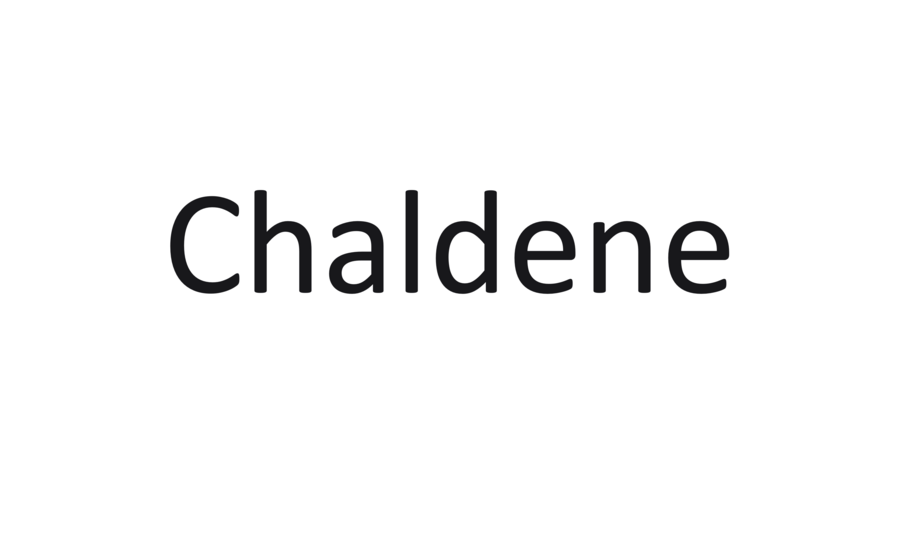
Click here for more
- Description: Chaldene is a visual programming language specific for solving scientific image processing problems. Executing in jupyer notebooks, it allows to build automated image processing workflows. The system integrates different image processing libraries including OpenCV, Pillow, Kornia and others.
- GitHub repository: Link
- Co-Developed by NFDI-MatWerk: Deutsches Forschungszentrum für Künstliche Intelligenz GmbH (DFKI)
- Tags: #visualprogramming #imageprocessing #workflow
common workflow description

Click here for more
- Description: Common format to describe experimental and numerical workflows.
- Developed by NDFI-MatWerk
more information coming soon
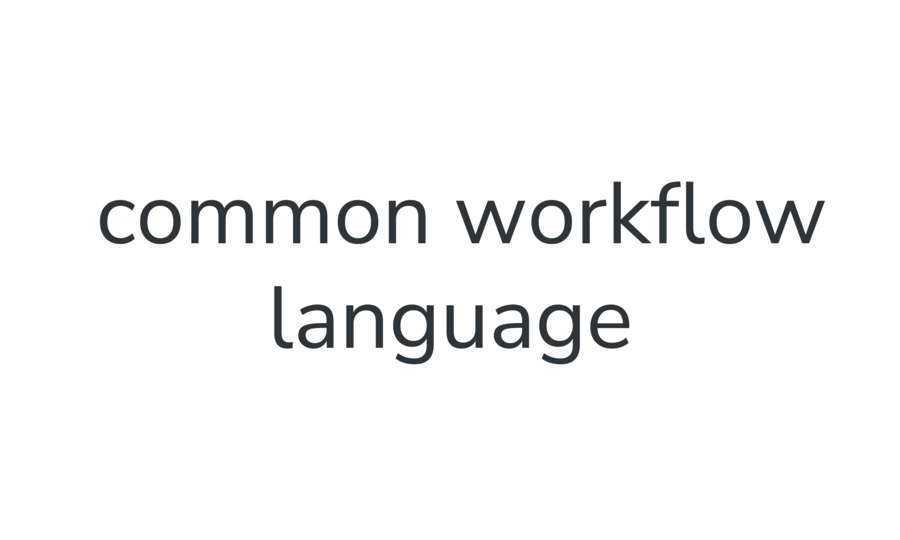
Click here for more
more information coming soon
Composition Space
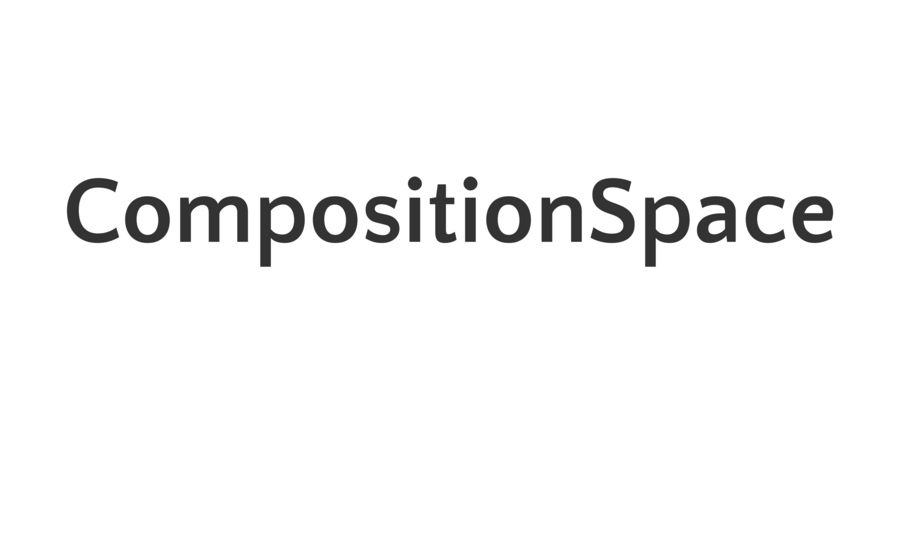
Click here for more
Coscine
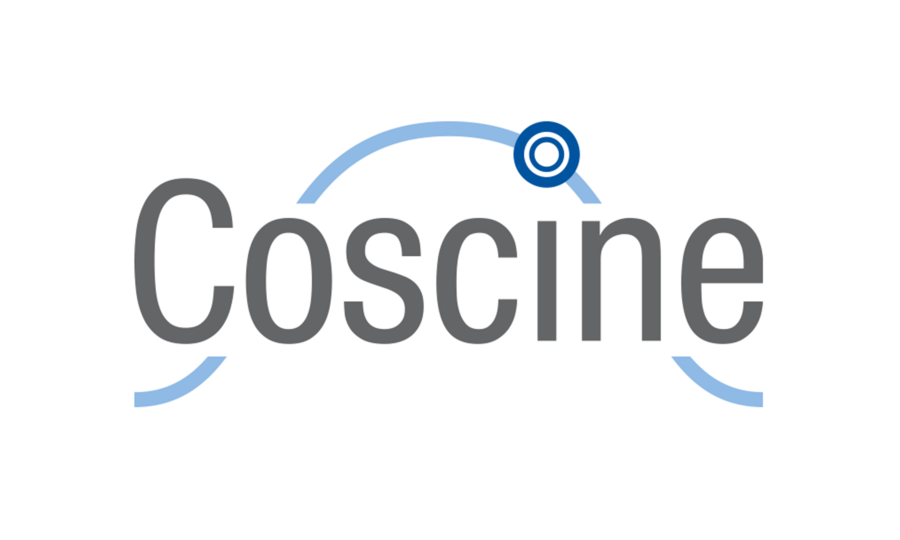
Click here for more
- Description: Coscine is the research data management platform for your research project. Here your data becomes FAIR – from storage, description with metadata, collaboration with all participating researchers to archiving. All researchers from participating universities or with an ORCID can use Coscine
- Installation: not needed, log in here
- Requirement: institutional or ORCID account
- Starting with Cosine: manual
- Co-Developed by NFDI-MatWerk: RWTH Aachen University
- Tags: #RDM #Storage #Metadata
Data Stewardship as a Service
- Description: Data stewardship is the responsible planning and executing of all actions on digital data before, during and after a research project, with the aim of optimizing the usability, reusability and reproducibility of the resulting data.
- Developed by NFDI-MatWerk
Data Type Registry
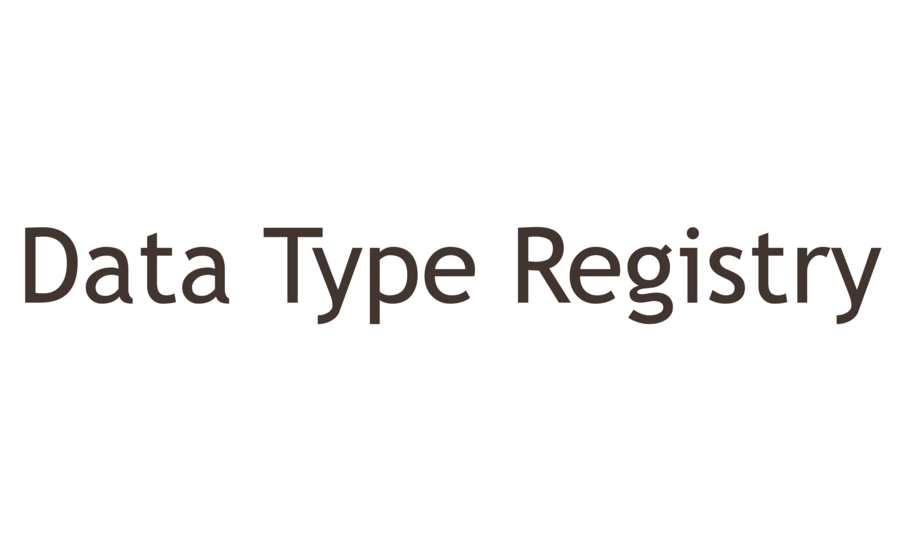
Click here for more
- Description: The TypeRegistry is an open-source platform that provides a structured and standardized way to define, share, and manage data types across different applications and domains. It enables interoperability by offering a common language for data modeling, making it easier to integrate and exchange information between systems.
- Installation: Cordra is needed first for installation; all information can be found here
ELN file format
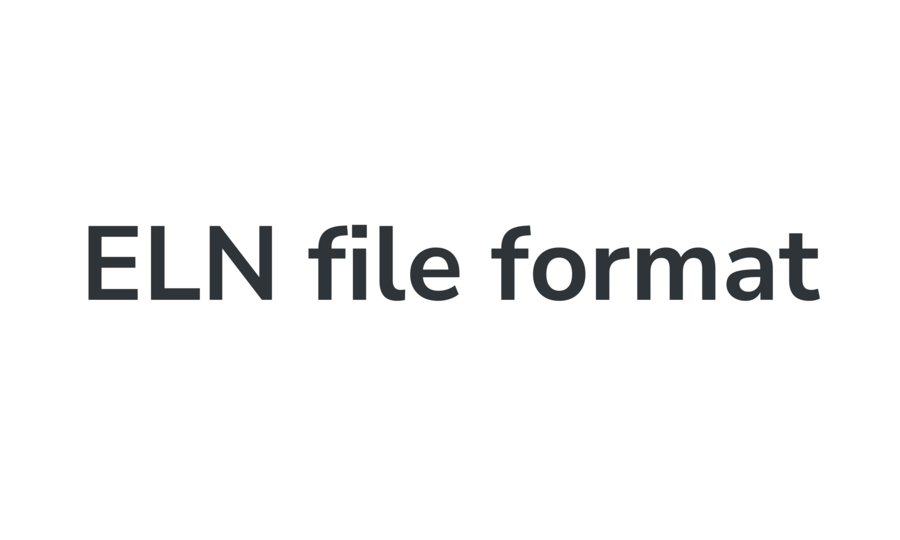
Click here for more
- Description: The ELN File Format (.eln) is a standardized file format for electronic laboratory notebooks. It is designed to store experimental data and related information in a structured way and to enable exchange between different ELN systems.
- Github Repository: Link
- Co-developed by NFDI-MatWerk: Forschungszentrum Jülich
executorlib
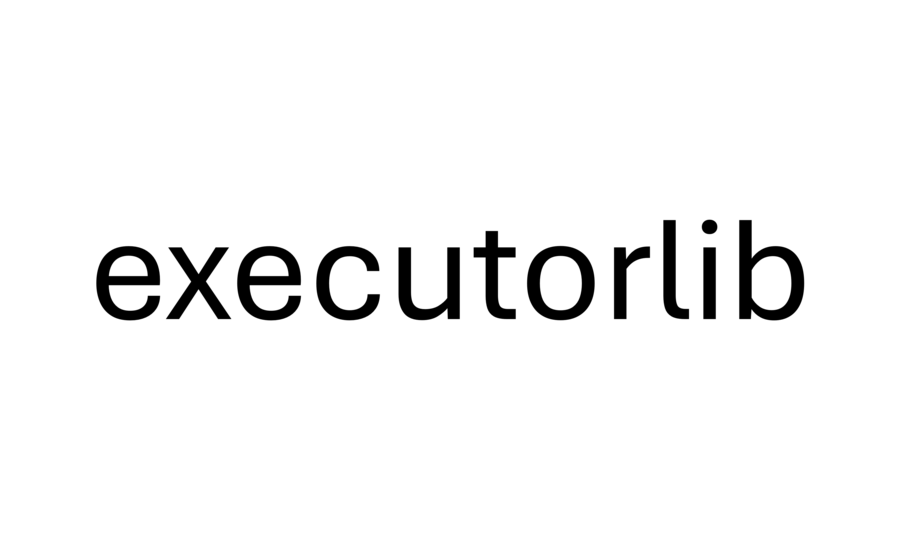
Click here for more
- Description: executorlib is a Python library for running computational tasks in a scalable way, from local machines to high-performance computing systems.
- Github Repository: Link
- Co-developed by NFDI-MatWerk: Max Planck Institute for Sustainable Materials (MPI-SusMat)
FAIR DO cookbook
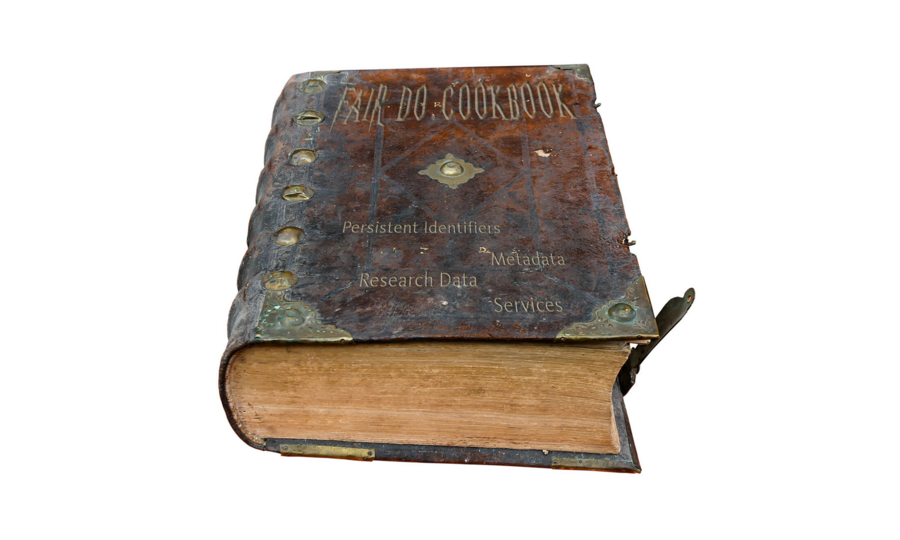
Click here for more
- Description: This cookbook shall guide the reader through the different use cases when adopting, maintaining and using FAIR Digital Objects.
- Co-Developed by NFDI-MatWerk: Karlsruhe Institute of Technology
- Tags: #FAIR-DO
Ironflow
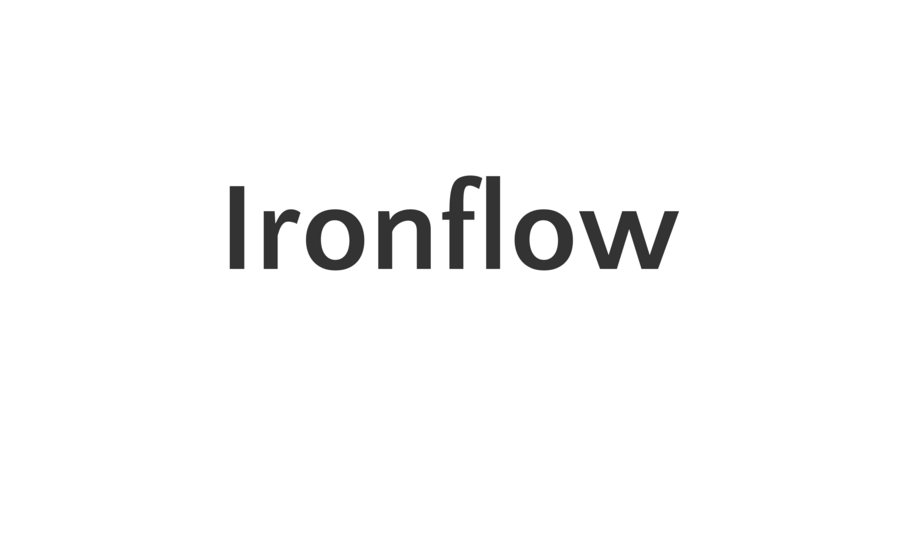
Click here for more
- Description: Ironflow combines ryven, ipycanvas and ipywidgets to provide a Jupyter-based visual scripting gui for running pyiron workflow graphs.
- GitHub repository: Link
- Co-Developed by NFDI-MatWerk: Max Planck Institute for Sustainable Materials GmbH
- Tags: #workflow #visualprogramming
Large Language Models
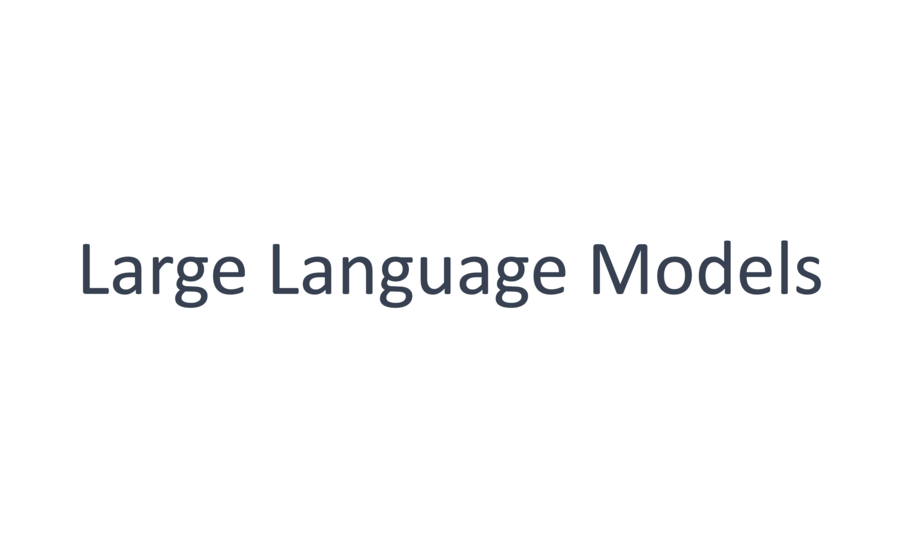
- Description: Various large language models can be utilized within NFDI-MatWerk, as the curated and structured data provide a valuable foundation for their application.
Mapping Service UI

Click here for more
- Description: The Mapping Service is a tool designed to extract metadata from different data-files, and map this metadata to published metadata schemas.
- GitHub repository: Link
- Co-Developed by NFDI-MatWerk: Karlsruhe Institute of Technology
- Tags: #Mapping
MatWerk Data Repository UI

Click here for more
- Description: Data management services and graphical user interface for registering, preserving, accessing, and finding data. Instances of the NFDI-MatWerk Data Repository can also be installed locally and optimized according to the users’ needs.
- Installation: not needed, log in here
- GitHub repository: Link
- Developed by NFDI-MatWerk: Karlsruhe Institute of Technology
- Tags: #RDM #Repository #Metadata
MatWerk Metadata Repository UI

Click here for more
- Description: Metadata management services for registering, preserving, accessing, and finding metadata schemas and documents in XML and JSON format. Instances of the NFDI-MatWerk Metadata Repository can also be installed locally and optimized according to the users’ needs.
- GitHub repository: Link
- Installation: not needed, log in here.
- Developed by NFDI-MatWerk: Karlsruhe Institute of Technology
- Tags: #RDM #Repository #Metadata
MSE Knowledge Graph
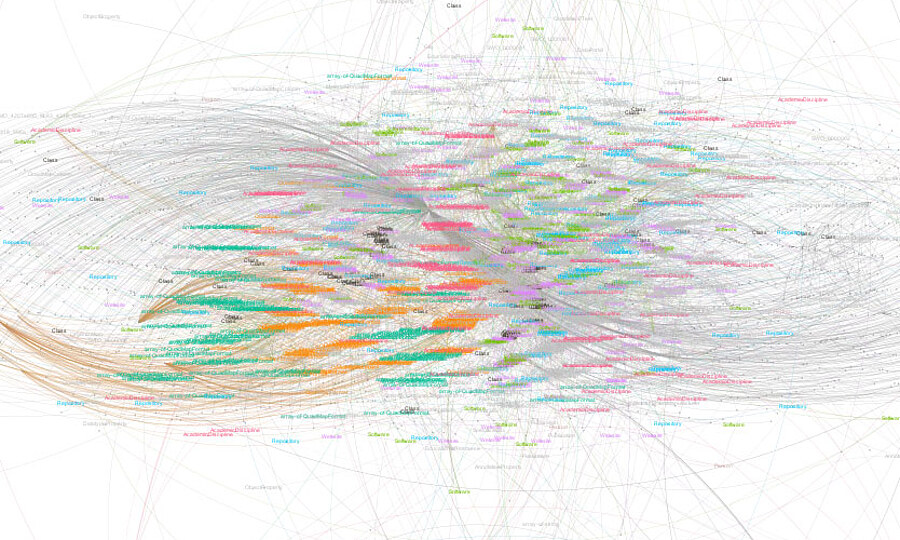
Click here for more
- Description: The MSE Knowledge Graph v2.0 is an updated version that is BFO-compliant, aligning with the Basic Formal Ontology to ensure semantic interoperability and ontological rigor. This updated version aims to represent consortium resources and enable integrative access to distributed, heterogeneous research data within the NFDI-MatWerk community and beyond.
- GitHub repository: Link
- Installation: not needed.
- Developed by NFDI-MatWerk: FIZ Karlsruhe – Leibniz Institute for Information Infrastructure
- Tags: #KG #ontology #metadata
metadataHub
- Description: Service for interacting with different kinds of metadata repositories implementing the turntable API or at least a mapping for it.
- Git Repository (RWTH): Link
- Co-Developed by NFDI-MatWerk: Karlsruhe Institute of Technology, RWTH Aachen University
- Tags: #Metadata #Repositories #Mapping
ML platform
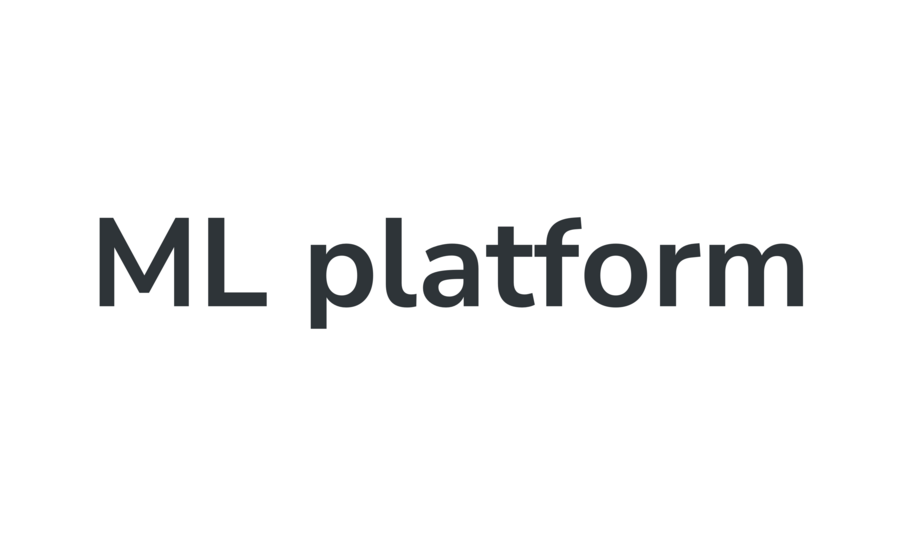
Click here for more
- Description: A kubernetes frontent for cluster management. The system allows to schedule ML workfloads to different queues and executes them on a cluster. The system includes features for experiment configuration.
- CoDeveloped by NFDI-MatWerk: German Research Center for Artificial Intelligence (DFKI)
NFDI-MatWerk Dashboard
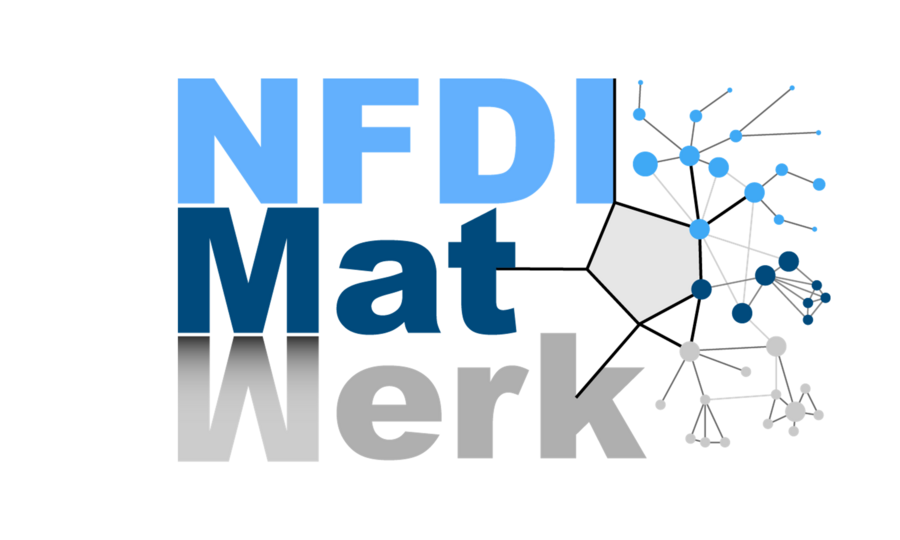
Click here for more
- Developed by NFDI-MatWerk
More information coming soon
openBIS Schema Extension
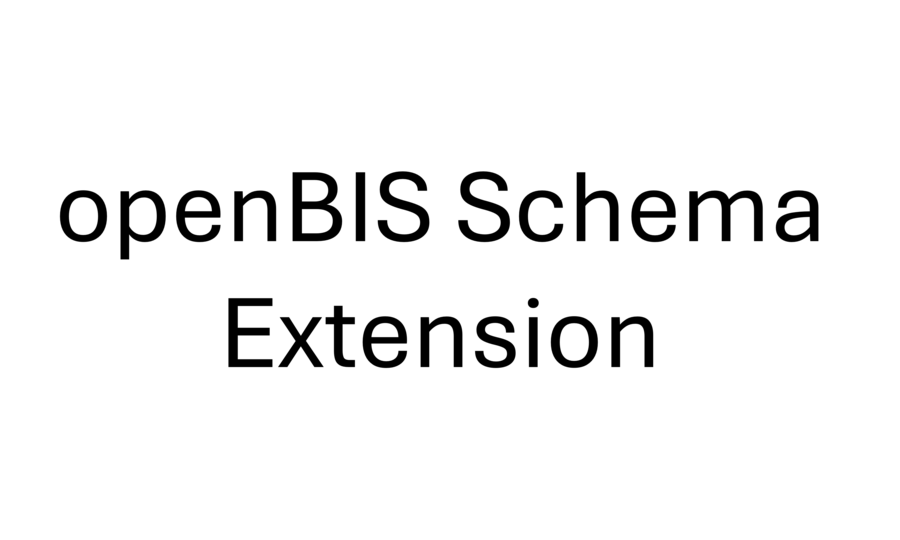
Click here for more
- Description: The openBIS Material Science Schema is an extension schema for openBIS that defines metadata fields, sample types, and data structures specific to materials science. It enables the organization of experiments, sample preparation, characterization, and datasets in a consistent framework.
- GitHub: Link
- Developed by NFDI-MatWerk: RWTH Aachen (CRC 1394)
openBIS Tools
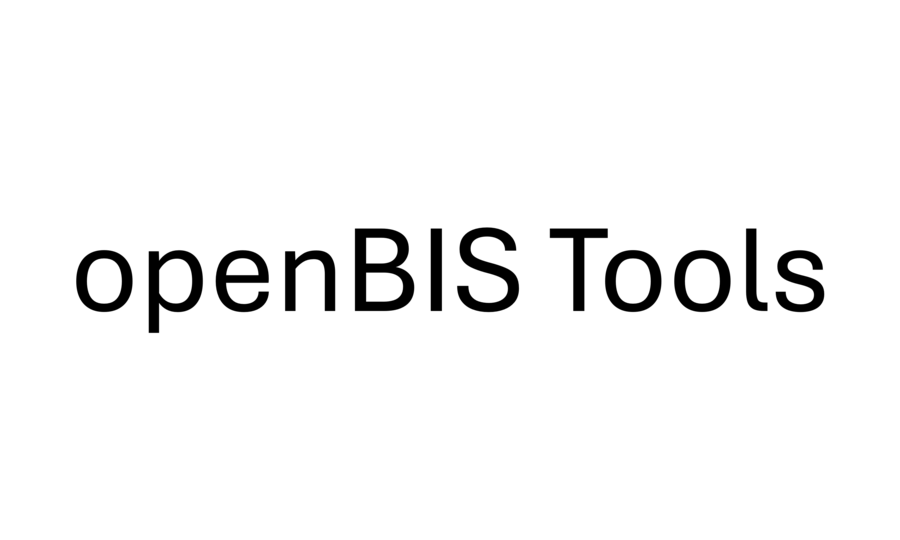
Click here for more
- Description: OpenbisTools is a software toolkit that provides auxiliary tools and utilities for working with openBIS. It includes scripts and modules to assist with data management tasks, metadata handling, and integration with workflows.
- GitHub: Link
- Developed by NFDI-MatWerk: RWTH Aachen (CRC 1394)
Pasta ELN
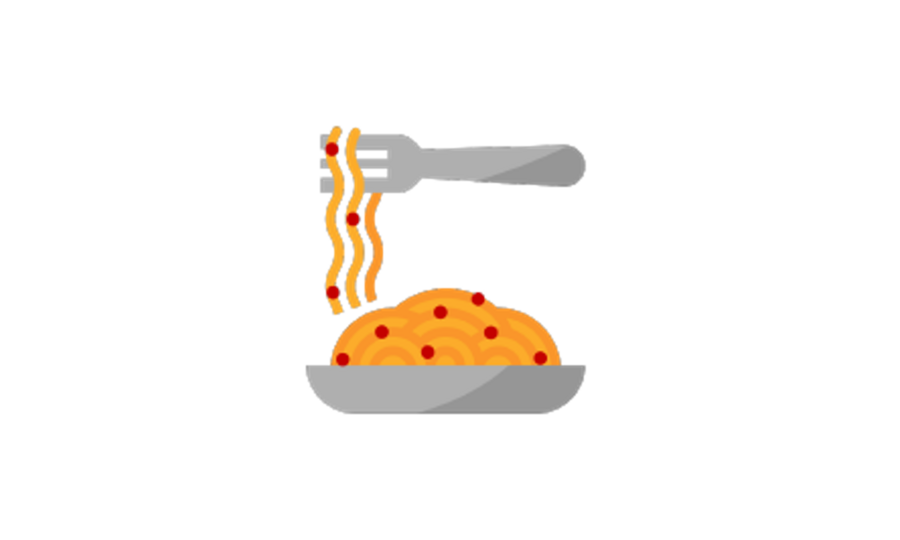
Click here for more
- Description: Electronic lab notebook (ELN) for experimental scientists. PASTA-ELN makes it easy and convenient for an experimental scientist to organize raw data with metadata.
- Installation: Link
- Requirement: python
- Starting with PastaELN: User Stories, Tutorial
- Developed by NFDI-MatWerk: Forschungszentrum Jülich
pyiron
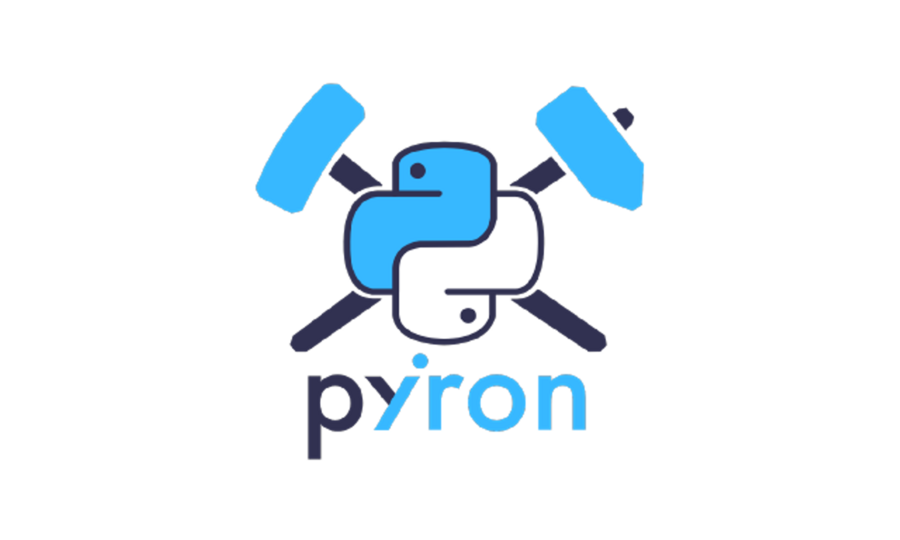
Click here for more
- Description: Pyiron is an integrated development environment for computational materials science workflows. It combines several tools in a common platform: atomic structure objects, atomistic simulation codes, feedback loops, hierarchical data management, integrated visualization and object oriented job management.
- Installation: Link
- Requirement: python
- Starting with pyiron: Tutorials
- Github Repository: Link
- Co-Developed by NFDI-MatWerk: Max Planck Institute for Sustainable Materials GmbH, Bundesanstalt für Materialforschung und -prüfung (BAM)
- Tags: #workflow #IDE
pyiron_apt

Click here for more
- Description: Enables APT analysis with pyiron(_workflows). Represents a collection of nodes/pyiron jobs to collaboratively develop APT workflows. Part of IUC09 NFDI-MatWerk.
- GitHub repository: Link
- Co-Developed by NFDI-MatWerk: Physics Department and CSMB, Humboldt-Universität zu Berlin, MPIE, and RUB.
pyironFlow

Click here for more
- Description: GUI implementation/ visual programming interface that currently works on top of pyiron_workflow.
- GitHub repository: Link
- Installation: Link
- Co-Developed by NFDI-MatWerk: Max Planck Institute for Sustainable Materials GmbH, Bundesanstalt für Materialforschung und -prüfung (BAM)
pyiron potentialfit

Click here for more
- Description: Fitting machine learning interatomic potentials with pyiron.
- GitHub repository: Link
- Co-developed by NFDI-MatWerk
pyiron workflow

Click here for more
- Description: pyiron_workflow is a framework for constructing workflows as computational graphs from simple Python functions. Its objective is to make it as easy as possible to create reliable, reusable, and sharable workflows, with a special focus on research workflows for HPC environments.
- Installation: Link
- Github Repository: Link
- Co-Developed by NFDI-MatWerk: Max Planck Institute for Sustainable Materials GmbH
- Tags: #workflow
pyscal
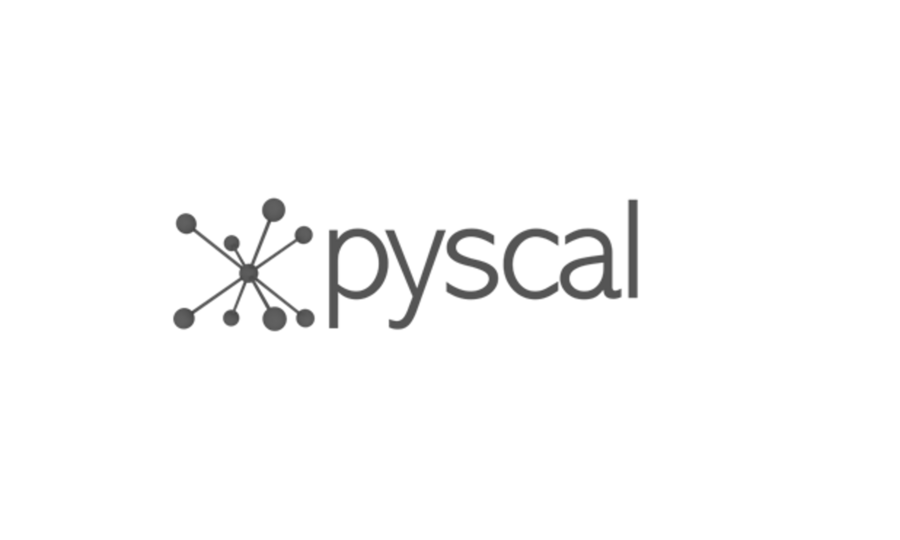
Click here for more
- Description: pyscal is a python module for the calculation of local atomic structural environments including Steinhardt’s bond orientational order parameters during post-processing of atomistic simulation data.
- Installation: Link for pyscal, Link for pyscal3
- Starting with pyscal: Examples & Tutorials for pyscal
- GitHub repository: Link for pyscal, Link for pyscal3
- Co-Developed by NFDI-MatWerk: Max Planck Institute for Sustainable Materials GmbH, Ruhr-Universität Bochum
- Tags: #MD
SPARQL Query Editor
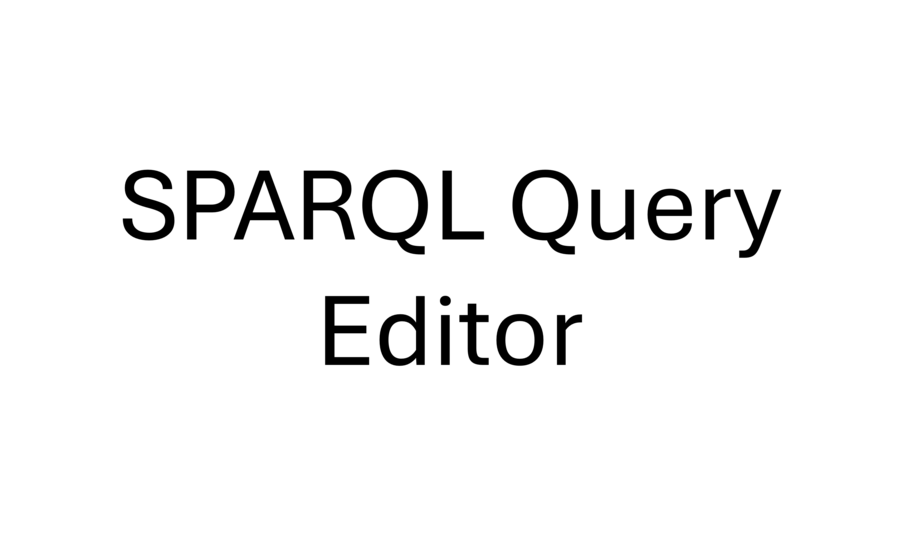
Click here for more
more information coming soon
The Typed PID Maker
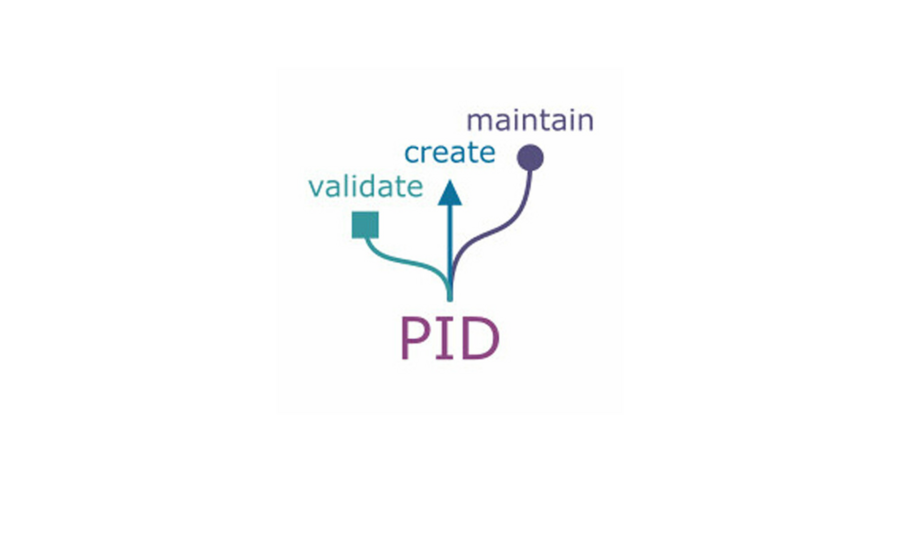
Click here for more
- Description: The Typed PID Maker is an entry point to integrate digital resources into the FAIR Digital Object (FAIR DO) ecosystem. It allows creating PIDs for resources and to provide them with the necessary metadata to ensure that the resources can be found and understood.
- Installation: Link
- Requirements: Java SE Development Kit 11 (or OpenJDK 11) or higher
- Github Repository: Link
- Co-Developed by NFDI-MatWerk: Karlsruhe Institute of Technology
tools4RDF
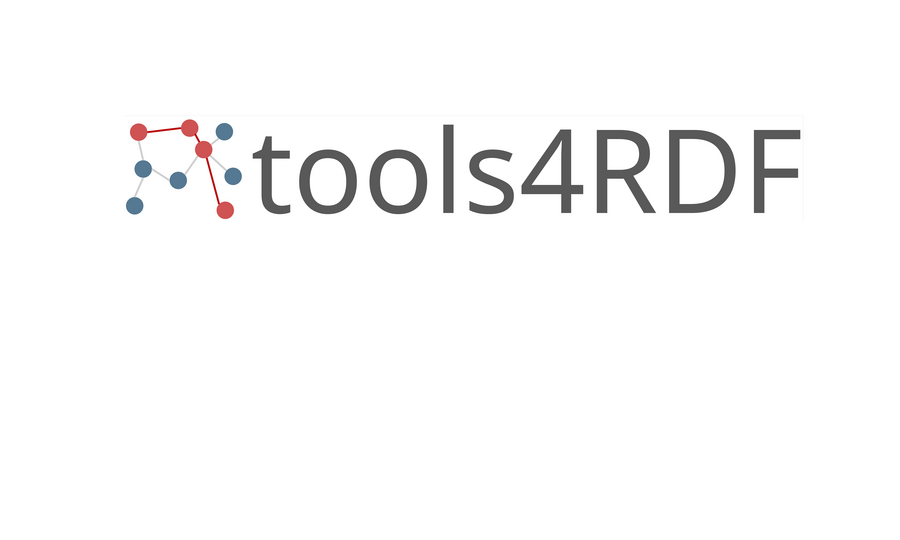
Click here for more
NFDI-MatWerk
Funded by the Deutsche Forschungsgemeinschaft (DFG, German Research Foundation) under the National Research Data Infrastructure – NFDI 38/1 – project number 460247524.
NFDI-MatWerk
Funded by the Deutsche Forschungsgemeinschaft (DFG, German Research Foundation) under the National Research Data Infrastructure – NFDI 38/1 – project number 460247524.
Sign up for our newsletter
Subscribe to our newsletter for regular updates about materials science topics!
After subscribing, you will receive an email from us with a confirmation
link.
Only after clicking this link your registration is completed.

